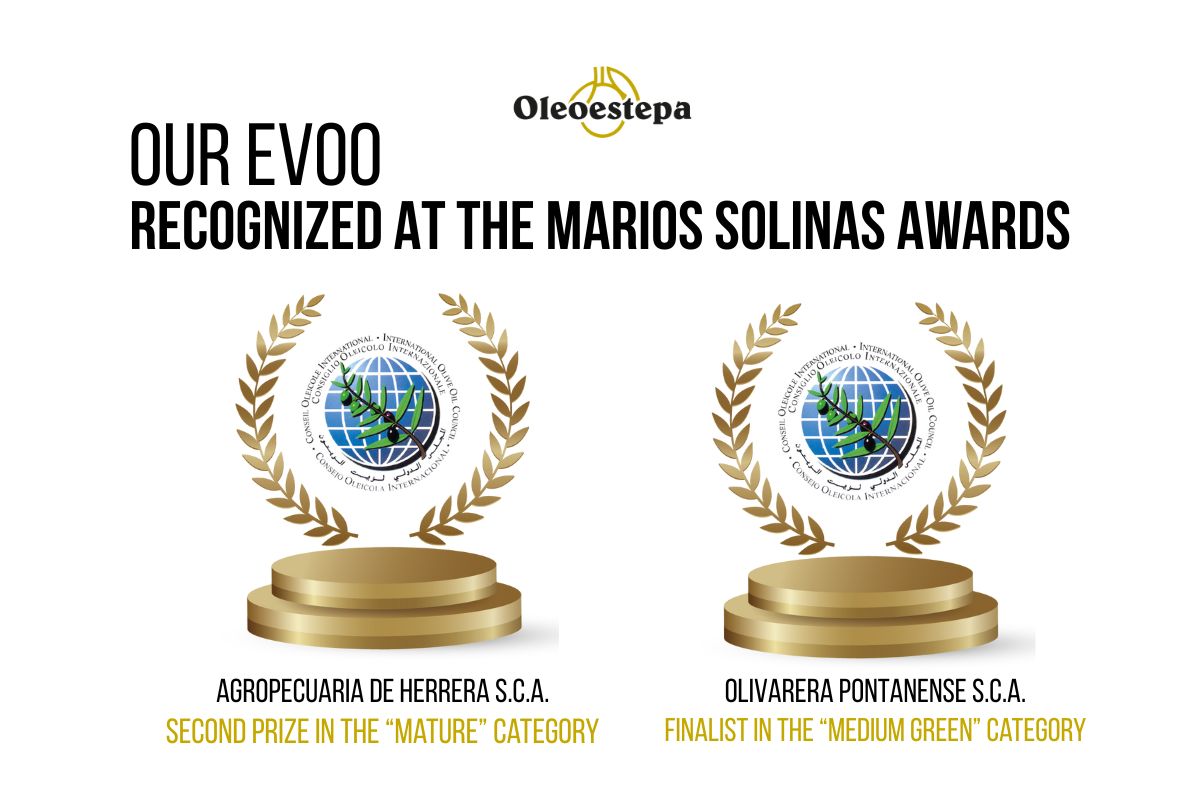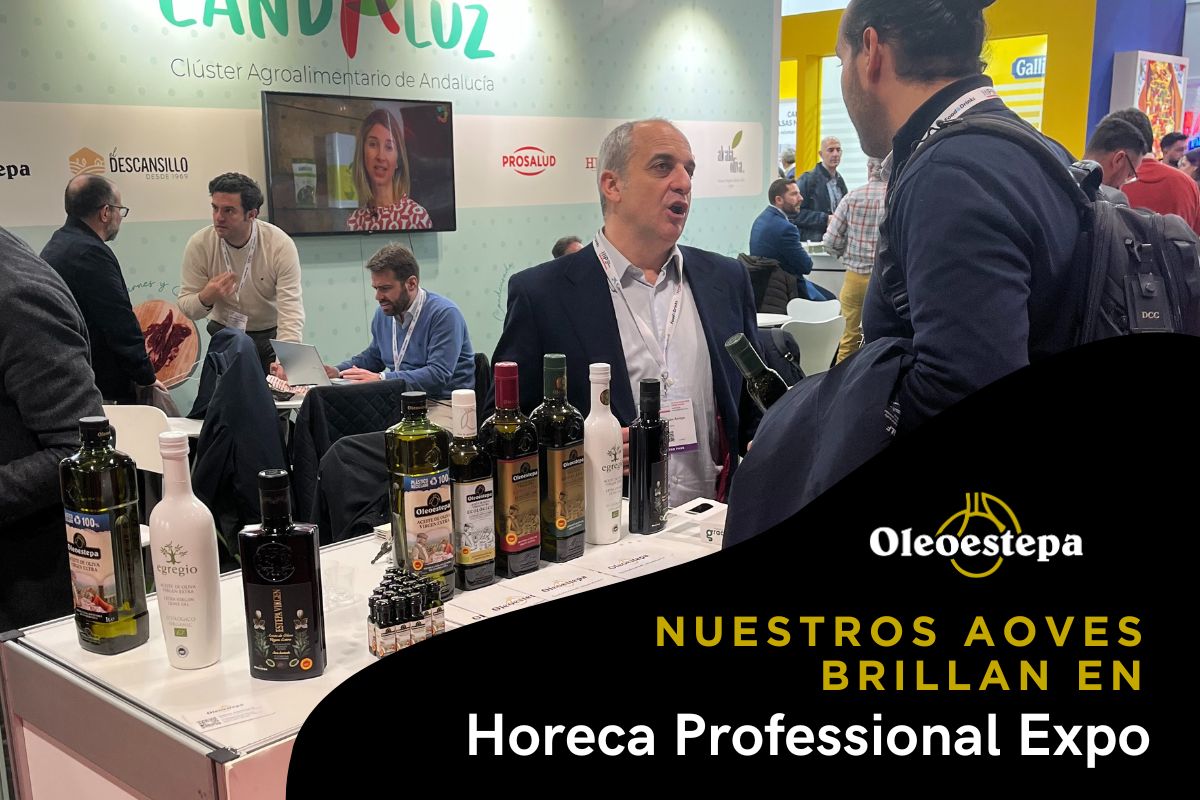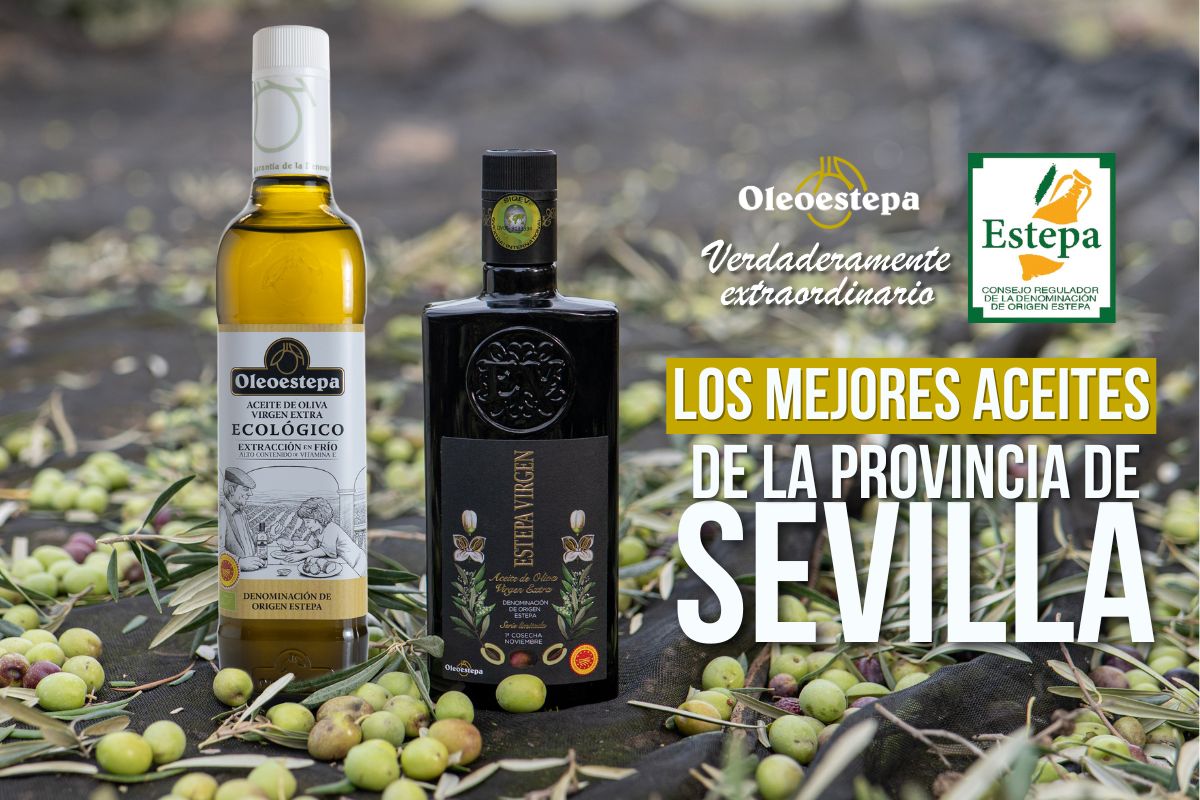Many farmers think that by increasing the number of production factors used they are able to proportionally increase the production and profitability of their farm. But the reality is that the use of more production factors than necessary in most cases only reduces the profit of the farm and increases the risk of contamination of the environment and the food produced.
Integrated production is an agricultural production system that uses natural regulatory mechanisms, taking into account environmental protection, farm economy and social requirements, in accordance with the requirements established for each product in the corresponding production regulations.
In general terms, it is an agricultural production system that optimizes the use of the productive environment and uses natural regulatory mechanisms to control pests and diseases, taking into account three key issues. One, environmental protection. Two, the economics of the farm; and finally, society’s demands for increasingly healthier and safer food.
What are the rules of integrated production?
The rules of integrated production have the direction and supervision of an agronomist trained in integrated production, which must be complied with by farmers integrated in farmers’ associations (API), which is embodied in the concept of good agricultural practices.
This concept is based on the following issues.
- soil conservation
- optimization of water use
- optimization of solar energy use
- biodiversity conservation
- rationalization of fertilizer use
- rationalization of the use of phytosanitary products
- reduction of pollution of agricultural origin
By following these codes of Good Agricultural Practices, agricultural activity is much healthier and less environmentally damaging, without underestimating the significant savings in cultivation costs.
What are the advantages of integrated production?
The cultivation of olive groves through the application of Integrated Production techniques is an environmentally friendly model to obtain high quality products, with all the guarantees of food safety and without renouncing the productive capacity of the farm, making a rational use of natural resources, especially water, while at the same time taking care to avoid the erosion of our soils, in order to guarantee a sustainable agriculture in the long term, and to collaborate in the maintenance of a more habitable planet.
How does integrated production affect the environment?
As soon as spring awakens and with it the vegetative activity begins again in the olive trees, technical controls will warn of diseases and pests that can damage the plant and the fruit. If necessary, the specific actions to combat pests or diseases will be carried out always protecting the fauna and flora, and guaranteeing that the fruit to be obtained will be free of any type of phytosanitary residue.
How does Oleoestepa develop its integrated production?
Oleoestepa’s associated olive mills receive olives from olive trees grown exclusively under integrated or organic production techniques. The plots of land that belong to an Integrated Production Association (API) have an agronomist in charge of it, with more than 24 technicians in the cooperative. This technician is in charge of advising and controlling the different tasks required in the day-to-day cultivation of the olive grove, with each task being recorded in the farm notebook.
Oleoestepa’s 19 olive oil mills are authorized to produce integrated production extra virgin olive oil. In the oil production process itself, one of the most critical, the oil mill industry, like the olive grove operation, must meet demanding technical requirements to guarantee the success of this important phase. One of them ensures that the olives and oil will be permanently in contact exclusively with authorized food material, or the different analyses to which the olives and oils are subjected in preventive controls and quality certification.
In terms of corporate social responsibility, the integrated production system contributes to a better rural environment and oils with certified food safety.



